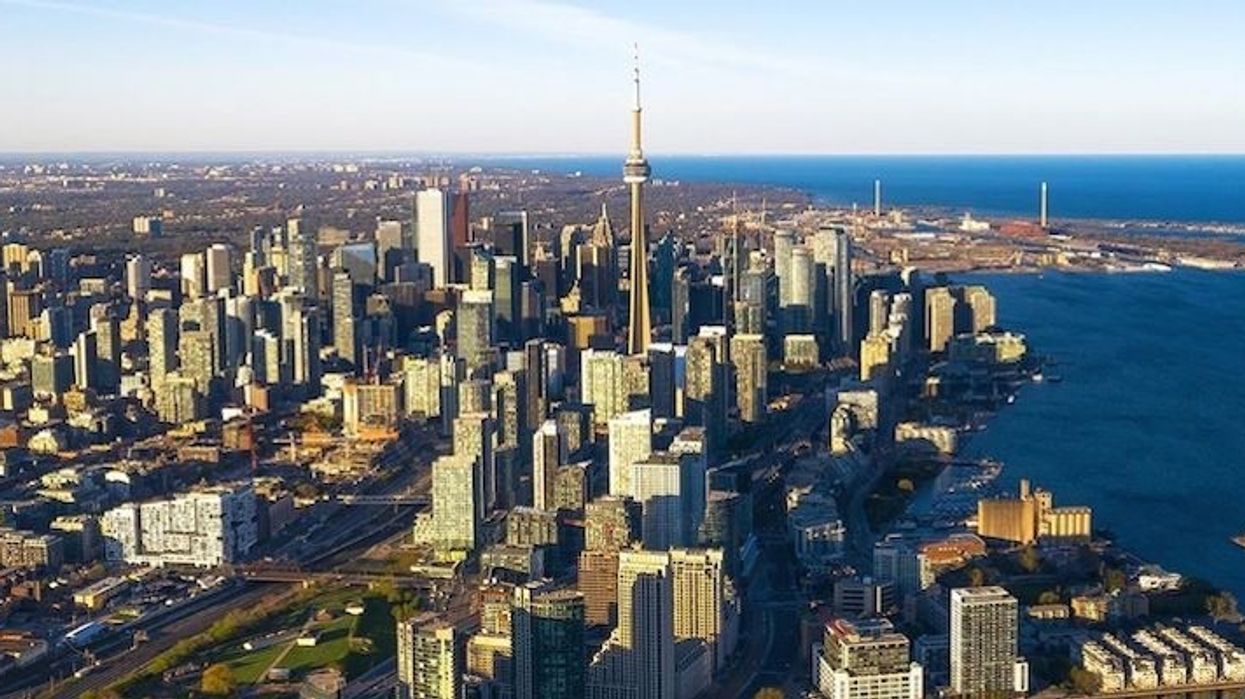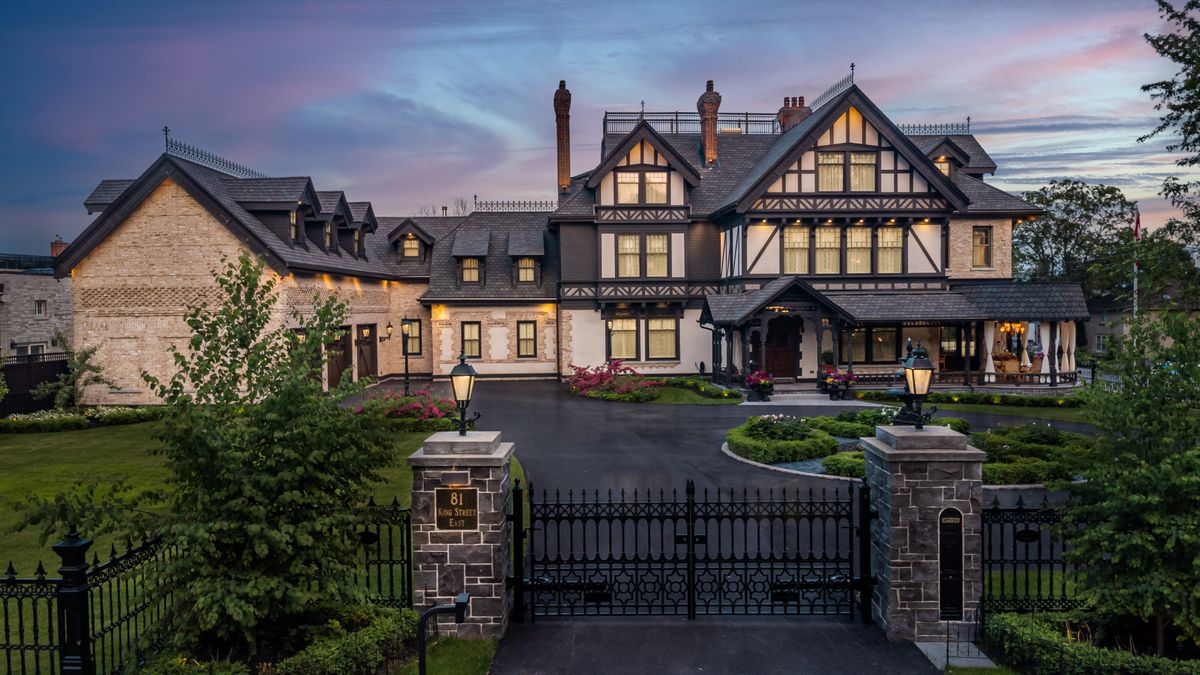Toronto and Peel Region entering Stage 3 on Friday means open houses are set to resume, but the Ontario Real Estate Association (OREA) is urging caution to both home buyers and sellers.
While open houses are permitted in regions that have moved on from the province's second stage of economic recovery from COVID-19, OREA is recommending that realtors encourage clients to continue using electronic tools first, to the greatest extent possible, including virtual tours.
Safe, scheduled, in-person showings, wherein realtors use Personal Protective Equipment (PPE) and have safety protocols implemented as outlined in OREA’s Stage Two Guidance, are also encouraged to continue.
“Realtors are trusted professionals who have consistently put the health and safety of Ontarians before business, using virtual tools and safe showings,” says Sean Morrison, President of OREA. “While open houses are once again permitted by the Province, we are encouraging Members to work with their clients to use virtual tools and scheduled safe showings first. These tools have been successful in limiting in person contact and saving buyers and sellers time. If an open house is insisted upon by the client, OREA has prepared guidance on how realtors can do them safely.”
READ: City of Toronto to Officially Enter Stage 3 on Friday
If a seller insists on open houses, OREA recommends the following measures be considered, in conjunction with all that is advised by public health officials:
OREA’s Stage Three Guidance for real estate transactions can be found in full here; the recommended measures are useful for maintaining hosts' and attendees' well-being as the province, at large, takes strides towards some semblance of normalcy.
Further, in the case of multi-tenanted properties like condominiums, building management's COVID-19 safety protocols should be discussed with the seller, so they can be incorporated into open house plans. OREA suggests enlisting the help of an assistant to manage entry to the building and other common areas, and to ensure physical distancing can be maintained between consumers in common areas.
These recommendations come just one day after Toronto City Council voted in favour of making face masks and coverings mandatory in apartment and condominium common areas.





















